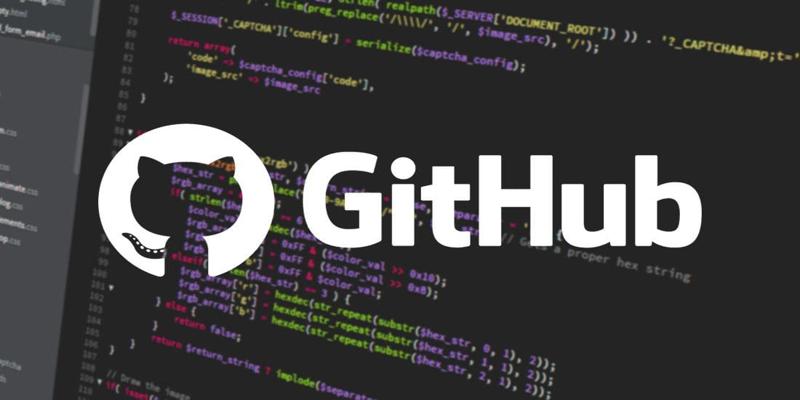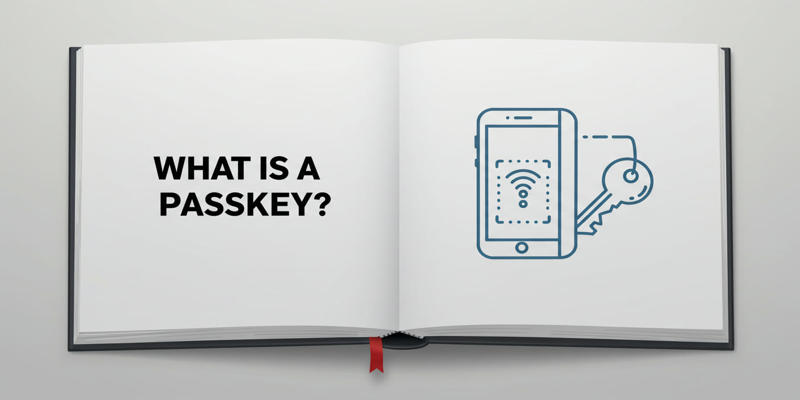The AI Advantage: 8 Ways Real Businesses Are Using AI for Content Creation
Artificial intelligence (AI) is an incredible innovation that has become an essential tool for businesses seeking to succeed in the world of content. From brainstorming to developing ideas to polishing final drafts, AI makes every step of content creation easier, simpler, and quicker. The other plus is that it is also economically viable.
Now, you must be thinking of incorporating AI into your content creation strategy but are still confused about how AI can be helpful in the content creation process. If so, learn here the best ways real businesses have been using AI for content creation, implement those strategies, and ensure your success in this constantly evolving digital world.
8 Ways Real Businesses Are Using AI For Content Creation
It's time to accept the fact that AI has become the best friend of all content creators. Here are the different ways how they have been using AI to boost their productivity and ensure their success in this digital era:
Generating Content Ideas
The innovation process frequently starts with a spark of an idea, but many content creators face trouble developing captivating concepts. It is where artificial intelligence comes into play to help them. AI-powered content generators help content writers and provide infinite numbers of ideas targeted to unique keywords or industries. Regarding social media material, AI can also quickly generate blog ideas, hashtag options, and image descriptions. They can further evaluate your current material, uncover essential themes, and use that information to create compelling social media updates. If your website's content is expired or no longer helpful for your target audience, AI can help you give a new life to it.

Create Content Online
Once content creators have assembled the content ideas, AI technologies may assist them in developing a perspective structure full of headings and major points of view that will help them in creating content. Certain AI writing tools, such as ChatGPT or ChatBot, provide good information if the query is accurate. These tools put concepts into a logical form. However, there is one big caution: the draft created by ChatGPT will essentially be an edited version of existing articles. As a result, it is crucial to devote time to examining and altering your work to add new approaches or information that will set your article apart from competitors.
Social Media Scheduling And Automation
While posting content on social networks, determining the best times for sharing and sticking to an ongoing posting schedule may be difficult for businesses. AI-powered social media scheduling tools allow businesses to set up posts at the best times for optimal exposure and interaction. It constantly tracks user behavior to detect peak moments of interaction. Automation features enable material to be easily shared across various platforms, cutting time and resources while keeping an ongoing online identity.
Fast-Track Content Research
Checking the internet for facts is exhausting when writing research papers or collecting data for business studies. It is where AI tools help content creators. The tools collect, evaluate, and share organized information within minutes. While AI technologies can work hard for you, they are susceptible to hallucination. You must always verify where it came from when using it for knowledge.
Keyword Research And Clustering
Many of the content businesses have been using AI tools to search for keywords. Investigating keywords begins with outlining terms related to the chosen field or topic. It is mostly a laborious and complicated work. AI marketing options, such as ChatGPT, can speed up the process by producing an extensive array of appropriate keywords and their modifications in seconds. Additionally, these instruments can arrange these keywords into topic clusters consistent with the material's design. Some AI tools will perform this more effectively than others. ChatGPT, for instance, does not have exposure to the SERPs and hence cannot detect term overlap or imitation. Bard, on the other side, is linked to the Google Keyword Planner. Then, apps are designed particularly for this objective, such as Surfer, which provides far more detailed data.
Streamline The Creative Review Workflow
An innovative output refers to the strategies and processes for converting imaginative concepts into reality. AI and machine learning techniques help content creators to improve creative workflows and increase productivity. Applying such technology requires relying on huge amounts of data to determine which creative components respond well to different target groups. It then makes practical suggestions for each brand on increasing interaction. In today's hectic advertising environment, poor creative processes can harm business productivity and waste assets. Teams may keep a dynamic process aligned with developing best practices by evaluating and refining it regularly. However, a creative review workflow maximizes efficiency and productivity to meet company objectives.
Image And Video Editing Automation
AI design tools like Canva and Crello have increased the efficiency of picture and visual design, helping marketers focus on both planning and statistics. Businesses use these tools to update their banners and infographics and make the site visually appealing. Plus, these pictures can also be converted into attractive videos with AI tools. AI-powered video editing tools make content creation easier by removing the background of the images and videos and improving their visuality. These tools save energy and time while helping businesses to create interesting and engaging designs. Another plus is that these tools cut the expenses of video editors and graphic designers.

Personalized Content Tips
AI-powered recommendation systems assess user behavior to provide targeted offers. Personalizing content for each user increases customer involvement and social media traffic, saving money by reaching a more engaged group. Spotify, for example, employs AI algorithms to generate specific playlists for subscribers based on their listening patterns, music tastes, and even the duration of the day they access the app. This personalized strategy improves the user interface and lowers expenses by keeping members interested in handpicked material.
Conclusion:
Focus on integrating AI tools into your content creation strategy to take over online platforms and boost engagement chances. It provides new ideas, streamlines the writing process, and improves keyword analysis. However, the most challenging aspect of dealing with AI is its unreliability. A substantial portion of what it generates will be good, but in other fields, it might state incorrect things—and there's no means of finding where those flaws are unless humans inspect it.
On this page
8 Ways Real Businesses Are Using AI For Content Creation Generating Content Ideas Create Content Online Social Media Scheduling And Automation Fast-Track Content Research Keyword Research And Clustering Streamline The Creative Review Workflow Image And Video Editing Automation Personalized Content Tips Conclusion:Related Articles

3 Easy Ways to Transform AVCHD Files into AVI Format

The AI Advantage: 8 Ways Real Businesses Are Using AI for Content Creation

Conducting Market Research Surveys: DIY Tips and Techniques

How to Effortlessly Convert WebM to MOV with Simple Tools

Fixing Unstable Device Connections: Why Your Device Keeps Disconnecting

HandBrake Review and Top 5 Converter Alternatives

The 8 Best Note-Taking Apps for iPad: Stay Organized and Boost Productivity

Convert Mini DV to Digital Format on Windows: A Quick Tutorial

Archiving Backtrack Call Recordings Automatically

Deleting a Repository on GitHub: Instructions

Quick and Simple Ways to Create GIFs from MOV Videos

 suptoolbox
suptoolbox